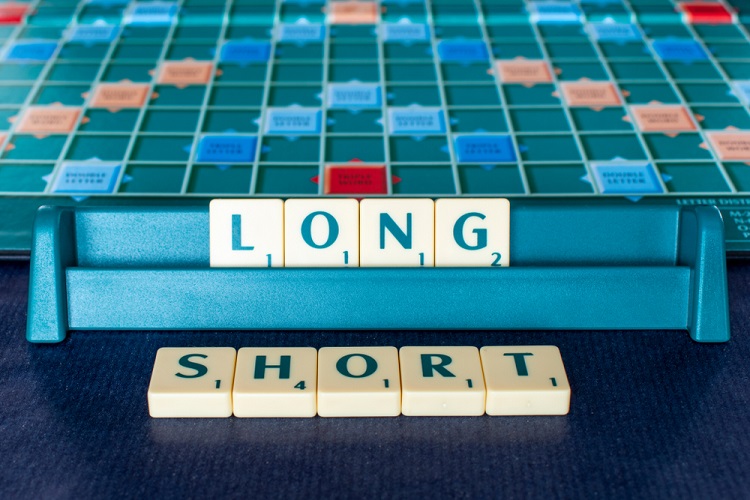How Investment Income And Capital Gains Differ
Investment income and capital gains are two ways investors in the market can make returns on their investments. When someone invests in a stock, they can earn profits on the stock in both forms. However, each works differently, and how taxes are handled will vary.

What Are Capital Gains?
Capital gains are income made from selling an appreciated asset. This is not only limited to stocks. Though the stock market and cryptocurrency are the primary sources of capital gains, selling appreciated land or real estate, gold and precious metals, and other physical assets can also be taxed. Here’s how it works.
If you purchase 10 stocks in Apple at $10 per stock, it’s worth $100. Over the next year, the price increases on the stock to $15 a share. You now have $150 of value, but it is unrealized capital gains because it has not been sold. Once you sell it (realized capital gains), the difference of $50 is considered taxable income.

Long-term vs. Short-term Capital Gains
Short-term capital gains are treated as ordinary income. They are taxed depending on your tax bracket, generally at the same as salary income. Most people will be paying between 12% and 24%. If you want to reduce the amount of tax paid, you will need to hold the asset for longer, making it a long-term investment.
Taxes on long-term capital gains are lower than on short-term. Once an asset has been held for more than a year, it is considered a long-term asset. Selling it will still incur capital gains tax. However, the tax is lower and dependent on how long the asset was held. The starting tax rate is 20% and goes down to a possible 0%.

What Is Investment Income?
Investment income is money given to an investor and paid out in dividends or interest. Unlike capital gains, this money usually comes from investing in non-physical assets, like savings accounts and stocks. Companies will reward people who hold shares of their stocks when things are going well in the company.
If you hold the same 10 shares of Apple and the company decides to pay out dividends, you will also receive some money. The company decides how much money it will share with investors. It is then divided by the number of owned shares. So, $100 would be divided among all owners of the 100 shares of Apple. That’s $1 a share, and you own 10. Thus, you receive $10.
Of course, this income is also subject to tax. Dividends will be taxed differently depending on if they are ordinary or qualified dividends. Ordinary dividends will be taxed the same as ordinary income.
Qualified dividends get special treatment much the same as long-term gains. These are dividends from stocks that meet specific qualifications and that you’ve held for a specified “holding period.” Based on the stock and circumstances, they will be taxed at 0%, 15%, and 20%.

Tax-free Dividends And Capital Gains
There are a few places where these incomes are not taxed or have their tax deferred. Most notably, a 401(k) and IRA have tax deferred or negated.
Naturally, a tax-free asset is the best. You don’t have to worry about determining the initial price, calculating gains, and then paying the money on that. You keep your time and money. However, deferred tax has benefits as well.
Time is king in long-term investments like an IRA. The more time your money, even small amounts, spends in the account, the more it will compound. So, having tax put off until later allows all that tax money to continue compounding.
